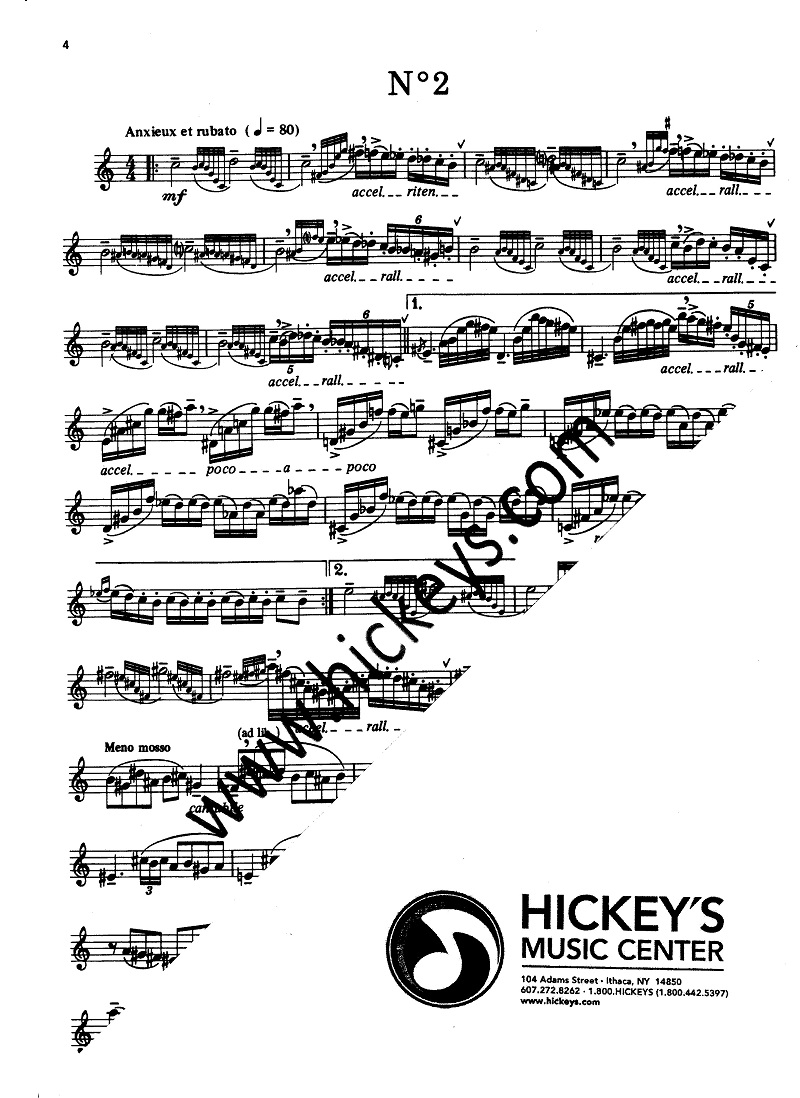Astor Piazzolla Tango Etude No3 Pdf

Print and download in PDF or MIDI Etude n°3 - Astor Piazzolla. Free sheet music for Piano. Made by SirPlacebo3.
Astor Piazzolla with at the recording, () 1974. The image includes the producer Aldo Pagani, first from the left, and some performers, including, 2nd from right, and, 2nd from left After a period of great productivity as a composer, he suffered a heart attack in 1973 and that same year he moved to Italy where he began a series of recordings which would span a period of five years.
The music publisher Aldo Pagani, a partner in Curci-Pagani Music, had offered Piazzolla a 15-year contract in Rome to record anything he could write. His famous album was recorded in Milan in May 1974 and later that year he separated from Amelita Baltar and in September recorded the album with the saxophonist and an Italian orchestra, including jazz musicians such as bassist /arranger and drummer, in Milan. The album includes the composition Aire de Buenos Aires by Mulligan.
Mbl4 full download. The multiband processor can be used to improve sound files and tracks as podcasts, commercials and music.
In 1975 he set up his an octet made up of bandoneon, electric piano and/or acoustic piano, organ, guitar, electric bass, drums, synthesizer and violin, which was later replaced by a flute or saxophone. Later that year died and Piazzolla composed the Suite Troileana in his memory, a work in four parts, which he recorded with the Conjunto Electronico. At this time Piazzolla started a collaboration with the singer with whom he made a number of recordings. In December 1976 he played at a concert at the in Buenos Aires, where he presented his work, “500 motivaciones”, written especially for the Conjunto Electronico, and in 1977 he played another memorable concert at the in Paris, with a new formation of the Conjunto Electronico. In 1978 he formed his second Quintet, with which he would tour the world for 11 years, and would make him world-renowned. He also returned to writing chamber music and symphonic works. During the period of Argentine military dictatorship from 1976 to 1983, Piazzolla lived in Italy, but returned many times to Argentina, recorded there, and on at least one occasion had lunch with the dictator.
However, his relationship with the dictator might have been less than friendly, as recounted in Astor Piazzolla, A manera de memorias (a comprehensive collection of interviews, constituting a memoir): One year before the Los Largartos issue you went to Videla's house and had lunch with him. Why did you accept that invitation? What invitation? They sent a couple of guys in black suits and a letter with my name on it that said that Videla expected me a particular day in a particular place.
I have a book around someplace, with pictures of all the guests:,,, the composer, there were painters, actors [] – Astor Piazzolla, A manera de memorias In 1995 his family received the, as the most important musician of the decade in Argentina. Free i doser downloads. Traveling the world [ ]. • (in English: Piazzolla's Traditional Orchestra), a.k.a. The 1946 Orchestra, 1946–50. • Orquesta de Cuerdas (in English: String Orchestra), 1955–58. • (in English: Buenos Aires Octet) 1955–58.
• Jazz Tango Quintet, 1959. • Quinteto (in English: Quintet), a.k.a. The first Quintet, 1960–70. • Nuevo Octeto (in English: New Octet), 1963. • (in English: Ensemble 9), a.k.a. Noneto, 1971–72 & 1983. • Conjunto Electronico (in English: Electronic Ensemble), a.k.a.
Electronic Octet, 1975. • Quinteto Tango Nuevo (in English: New Tango Quintet), a.k.a.
The second Quintet, 1979–91. • Sexteto Nuevo Tango (in English: New Tango Sextet), 1989–91. Film music [ ].